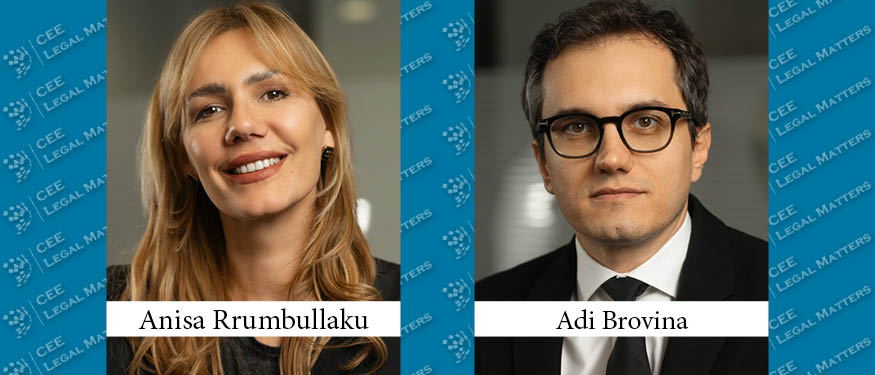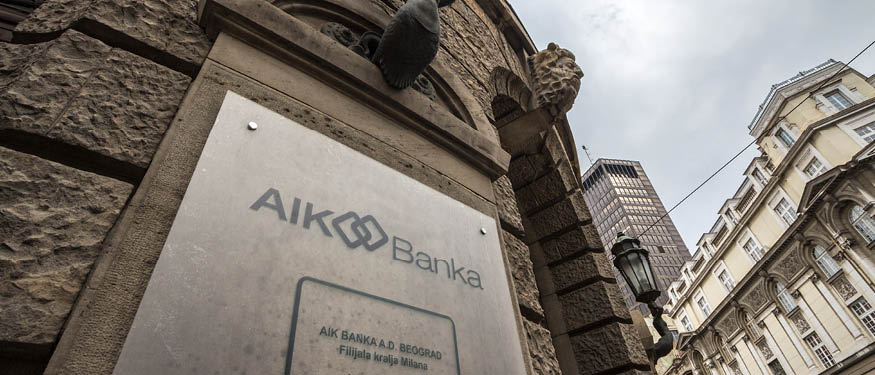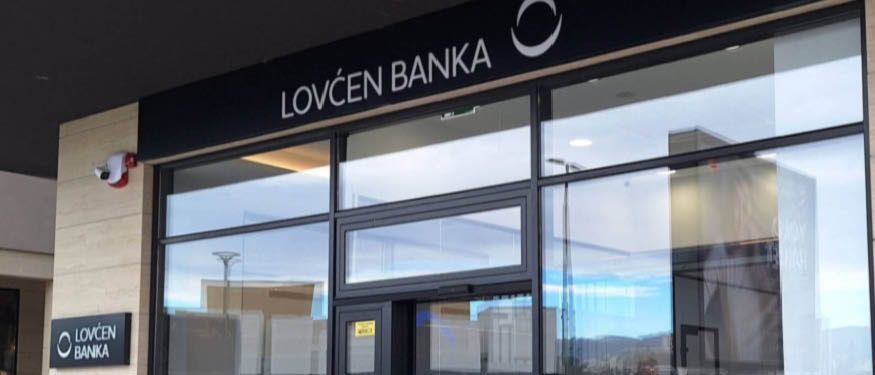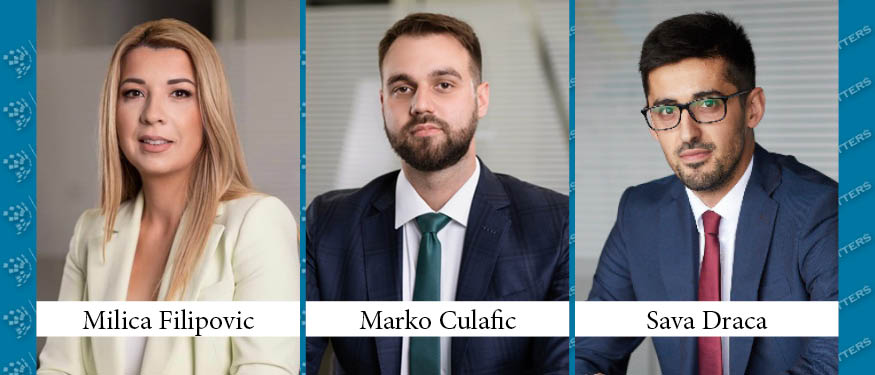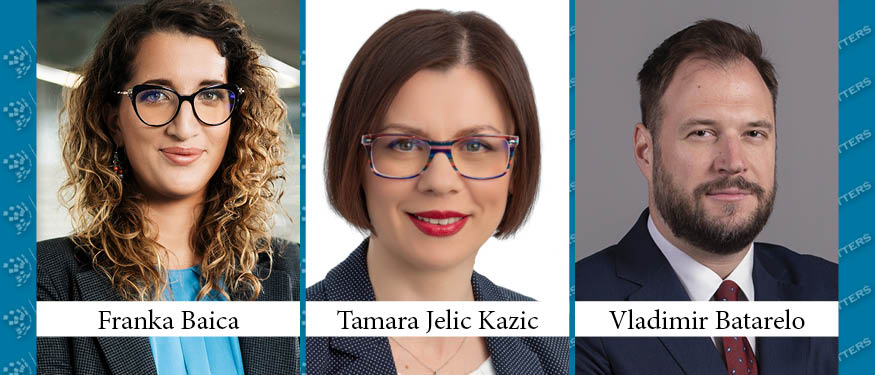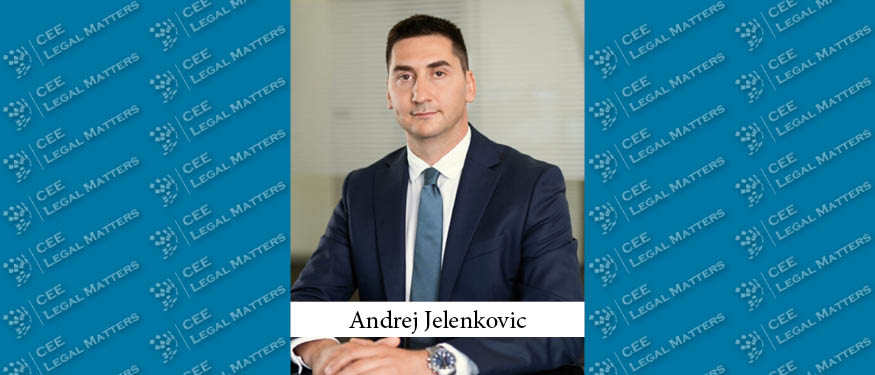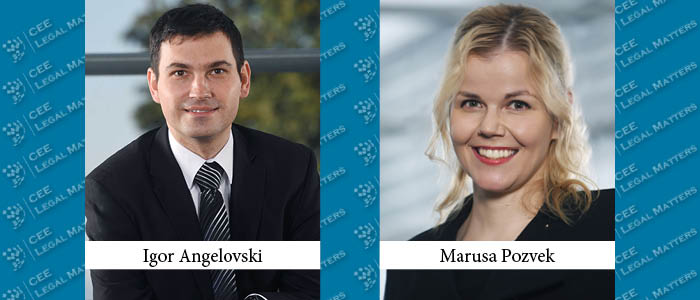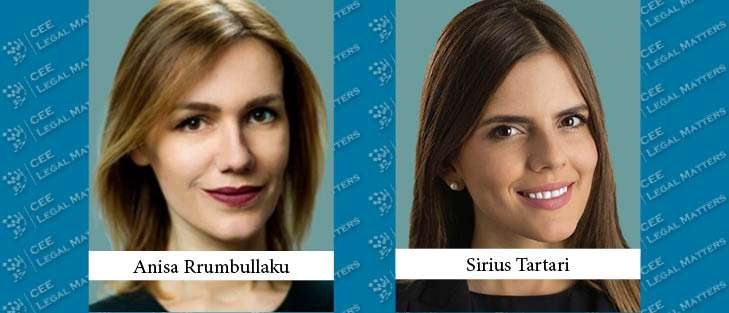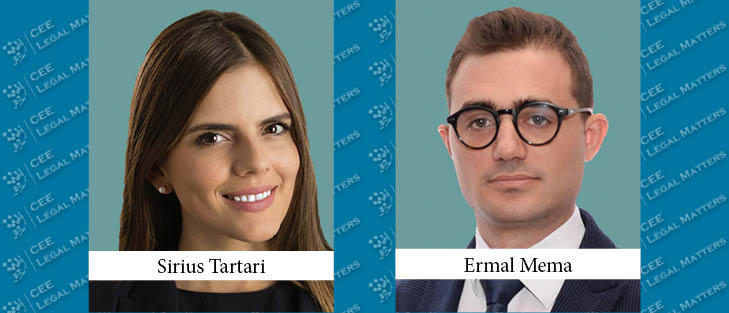The Minister of State for Entrepreneurship and Business Climate has introduced a draft law for the establishment of the Development Bank of Albania (“DBA”), a specialised public financial institution designed to facilitate financing for small and medium enterprises, start-ups, and underfinanced sectors. The bank is also envisioned as a key player in promoting exports of domestic products and services, as well as supporting public projects and various infrastructure developments.
Karanovic & Partners Advises EFSE and GGF on MREL-Compliant Loans to AIK Banka
Karanovic & Partners has advised the European Fund for Southeast Europe’s Regional Sub-Fund and the Green for Growth Fund on providing two MREL-compliant loans to Serbian AIK Banka.
Ketler & Partners Advises Hocevar on Sale of Lambergh Chateau & Hotel
Ketler & Partners, a member of Karanovic, has advised Hocevar on the sale of the Lambergh Chateau & Hotel in Radovljica, Slovenia, to Orthos Nepremicnine.
The Constitutional Court of the Republic of North Macedonia Votes to Annul Solidarity Tax Law
On 5 February 2025, the Constitutional Court of the Republic of North Macedonia (“Court”) annulled the Solidarity Tax Law (“Law”), ruling that it violated several key constitutional principles.
Karanovic & Partners Advises GGF on EUR 3 Million Loan to Lovcen Bank Podgorica
Karanovic & Partners has advised the Green for Growth Fund on a EUR 3 million loan to Lovcen Bank Podgorica.
Milica Filipovic, Marko Culafic, and Sava Draca Make Partner at Karanovic & Partners
Karanovic & Partners has promoted Milica Filipovic, Marko Culafic, and Sava Draca to Partner.
Freshfields, BDK Advokati, and Baker McKenzie Advise on Midea's Acquisition of Arbonia Climate Division
Freshfields has advised Midea Group subsidiary Midea Electrics Netherlands on its EUR 750 million acquisition of the climate division from Arbonia AG. BDK Advokati advised Midea on the local aspects of the acquisition of Serbian company Termovent, as part of the broader transaction. Baker McKenzie advised Arbonia.
Croatia’s Upcoming Real Estate Tax Reform
As Croatia prepares to implement a new real estate tax, Ilej & Partners in cooperation with Karanovic & Partners Partner Franka Baica, BDV Legal Partner Vladimir Batarelo, and CMS Partner Tamara Jelic Kazic talk about its objectives, potential impacts, and how property owners and investors should respond.
NKO Partners and Karanovic & Partners Advise on CTP's Land Acquisition in Kragujevac from Fiat Srbija
NKO Partners has advised CTP on the acquisition of land in Kragujevac, Serbia, from Stellantis’ subsidiary Fiat Srbija. Karanovic & Partners advised Fiat Srbija.
North Macedonia Implements New National Classification of Activities
The Government of North Macedonia adopted an updated version of the National Classification of Activities, NKD Rev. 2.1 (“New Classification”).
Andrej Jelenkovic Makes Partner at Karanovic & Partners
Andrej Jelenkovic has been promoted to Partner at Karanovic & Partners.
Key Amendments to Slovenia’s Tax Laws in 2025
In this article, we highlight the most relevant changes to Slovenia’s tax laws, from the perspective of corporate income tax, VAT, personal income tax and tax procedure that enter into force on 1 January 2025.
North Macedonia Adopts Law on Global Minimum Corporate Income Tax
On 27 December 2024, the Parliament of North Macedonia adopted the new Law on Minimum Global Corporate Income Tax (“Law”).
Mamic Peric Reberski Rimac, BDK Advokati, Gorjup, Karanovic & Partners, and Gospic, Plazina, Stojs Advise on Bosqar Invest's Acquisition of Mlinar Group Stake
Mamic Peric Reberski Rimac, BDK Advokati, and Gorjup Law Office have advised Bosqar Invest on its acquisition of a 50.1% indirect stake in the Mlinar Group from MidEuropa Partners. Karanovic & Partners and Ilej & Partners in cooperation with Karanovic & Partners, working with Dechert, advised MidEuropa Partners. Gospic, Plazina, Stojs advised Mr. Skojo, the former owner of Mlinar and a current shareholder of SEE Bakery, the sole shareholder of Mlinar. Janezic & Jarkovic, and Van Campen Liem reportedly advised Bosqar as well. Gospic Plaznina Stojs reportedly also advised the sellers.
Karanovic & Partners Advises SEF on Partnership Programs with Swiss SDC and ProCredit Bank
Karanovic & Partners has advised the Serbian Entrepreneurship Foundation on partnership programs with the Swiss Agency for Development and Cooperation and ProCredit Bank.
The People Puzzle: Labor Shortages on the Rise in CEE
Labor shortages have emerged as a pressing issue across CEE, prompting diverse responses from governments, businesses, and the public as they navigate the challenges of workforce gaps and economic sustainability.
Albania’s Privacy Reform: Exploring Key Proposals in the Draft Data Protection Law
The long-anticipated initiative to establish a new legal framework for personal data protection in Albania is finally moving forward, as the Council of Ministers has approved a draft law that aligns closely with the European Union’s General Data Protection Regulation (GDPR). This proposed legislation promises to bring significance in this important but frequently underappreciated legal domain. With its comprehensive approach and alignment with EU standards, the new law aims to greatly improve privacy protection in the national context.
New Joint Instruction Clarifies Residence Permit Procedures in Albania
New Joint Instruction No. 196/2024, “On cooperation between the Ministry of Internal Affairs, Ministry of Economy, Culture, and Innovation, and the State Intelligence Service regarding the issuance of residence permits for foreigners” (the “Instruction”), came into effect on 22 October 2024. This Instruction, aimed at clarifying and improving coordination among public institutions, does not amend existing residence or unique permit (i.e., a residence permit issued for employment purposes that combines both the residence and work permit) procedures for foreign nationals. Instead, it reaffirms the established process, ensuring that it remains consistent while improving transparency and efficiency.

